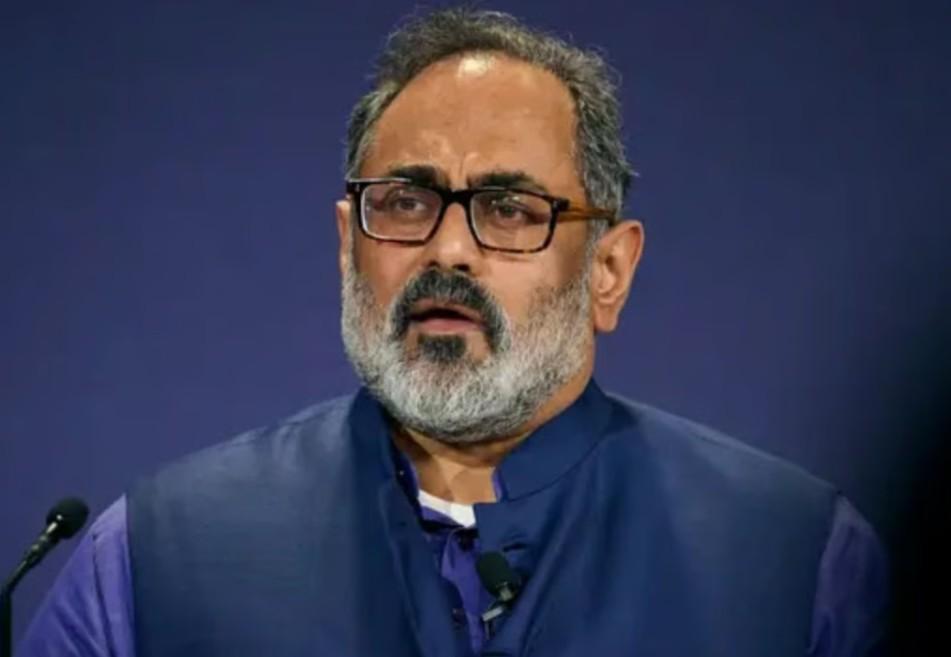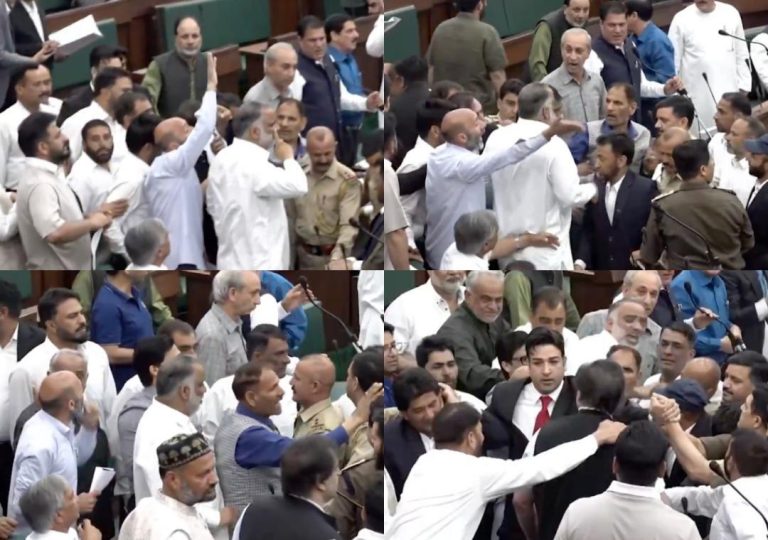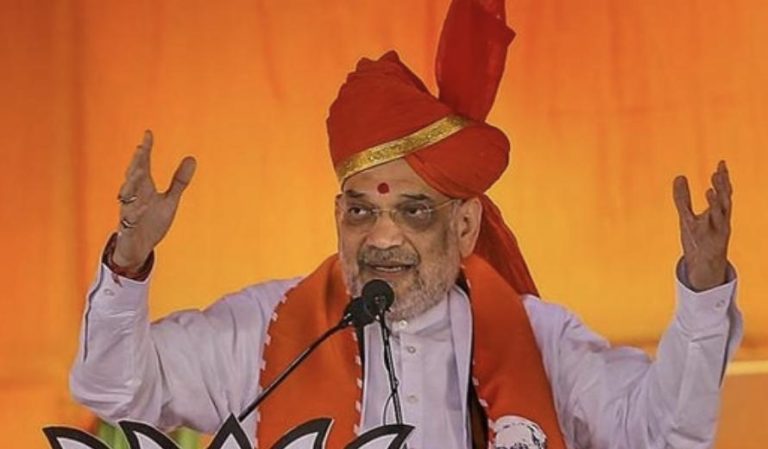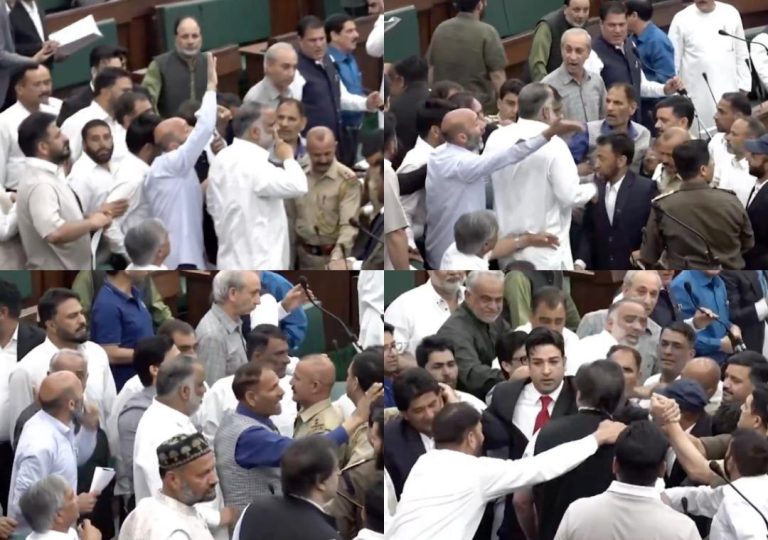
Rahul Should Read & Learn the Constitution: BJP’s Chandrasekhar
In recent times, the political landscape of India has witnessed numerous debates and disagreements between various political parties. The latest development in this regard is a statement made by BJP leader Rajeev Chandrasekhar, criticising Congress leader Rahul Gandhi over his criticism of the Waqf Bill. Chandrasekhar, a Rajya Sabha MP, took to Twitter to express his views, stating that Rahul Gandhi should read and learn the Constitution before commenting on the Bill.
The Waqf Bill, also known as the Central Waqf (Amendment) Bill, 2020, aims to reform the management of Waqf properties, which are considered sacred by the Muslim community. The Bill proposes to establish a regulatory body to oversee the administration of Waqf properties, ensuring that they are used for the benefit of the poor and needy members of the community.
Rahul Gandhi, a prominent leader of the Congress party, had recently criticized the Bill, terming it as an attempt to encroach upon the autonomy of Waqf boards. Gandhi’s criticism was met with resistance from the BJP, with Chandrasekhar being the latest to respond.
In his tweet, Chandrasekhar stated, “One thing I recommend to Constitution-waving, India-bashing Rahul Gandhi is that he reads, learns the Constitution.” He added, “PM Narendra Modi’s Waqf Bill…ensures that Waqf land is used for the benefit of poor Muslims not rich Cong builder/politicians.”
Chandrasekhar’s statement is significant because it highlights the importance of understanding the Constitution before commenting on crucial issues like the Waqf Bill. The Constitution is the supreme law of the land, and it is essential for all citizens, including political leaders, to comprehend its provisions and implications.
The Waqf Bill is a significant piece of legislation that aims to reform the management of Waqf properties. Waqf properties are considered sacred by the Muslim community, and their management is critical to ensuring the well-being of the community. The Bill proposes to establish a regulatory body to oversee the administration of Waqf properties, ensuring that they are used for the benefit of the poor and needy members of the community.
Rahul Gandhi’s criticism of the Bill has been met with resistance from the BJP, which argues that the Bill is necessary to ensure the proper management of Waqf properties. The BJP has also accused the Congress party of being opposed to the Bill because it would benefit the poor and needy members of the Muslim community, rather than the rich and powerful politicians.
In response to Gandhi’s criticism, Chandrasekhar has asked him to read and learn the Constitution before commenting on the Bill. This statement is significant because it highlights the importance of understanding the Constitution before commenting on crucial issues like the Waqf Bill.
The Constitution is the supreme law of the land, and it is essential for all citizens, including political leaders, to comprehend its provisions and implications. The Constitution outlines the fundamental rights and duties of citizens, as well as the framework for the governance of the country.
In conclusion, Rajeev Chandrasekhar’s statement is a timely reminder of the importance of understanding the Constitution before commenting on crucial issues like the Waqf Bill. Rahul Gandhi’s criticism of the Bill has been met with resistance from the BJP, which argues that the Bill is necessary to ensure the proper management of Waqf properties.
The Waqf Bill is a significant piece of legislation that aims to reform the management of Waqf properties. The Bill proposes to establish a regulatory body to oversee the administration of Waqf properties, ensuring that they are used for the benefit of the poor and needy members of the community.
In the end, it is essential for all citizens, including political leaders, to comprehend the Constitution and its implications before commenting on crucial issues like the Waqf Bill. This would ensure that their comments are informed and constructive, ultimately benefiting the country and its citizens.






